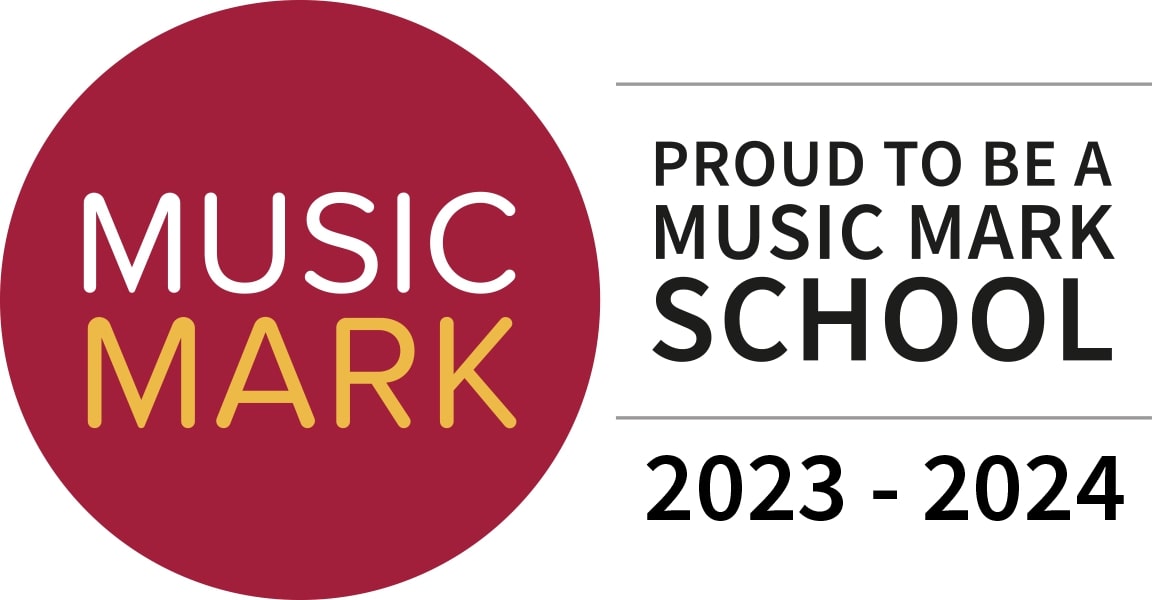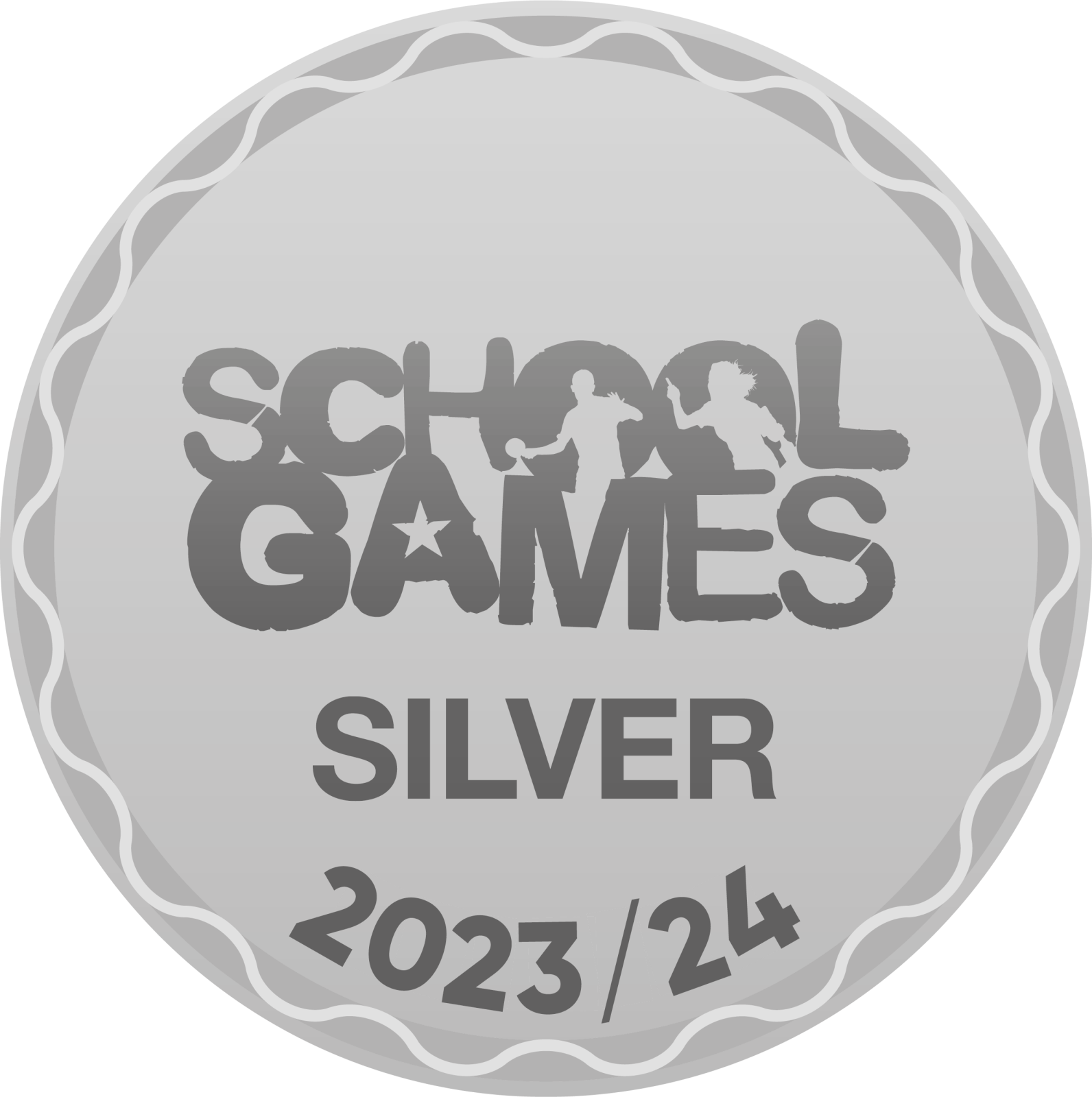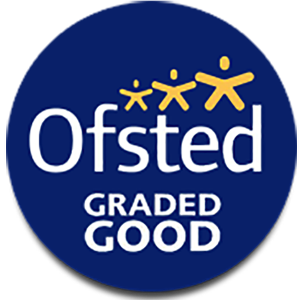Writing
Intent
At Brambles Primary Academy, we strive to ensure that high-quality education in English will teach pupils to speak and write fluently so that they can communicate their ideas and emotions to others and through their reading and listening, others can communicate with them. We maintain through each key stage and year group that we want our children to develop their vocabulary understanding, write in a range of different genres and continuously develop their spelling, grammar and punctuation skills. As well as this, we want our children to understand the spoken word, use expression and participate as a member of society by speaking fluently and articulately.
Implementation
At Brambles Primary Academy, writing is taught through a structured sequence of lessons. The process begins with a hook linked to the core text, followed by a predication. Next, pupils analyse the text type they will be writing, identifying the features that make it effective. This stage includes exploring a WAGOLL (What A Good One Looks Like). From here, pupils generate their own ideas and apply key elements of their SPAG learning. Teachers also model the writing process before pupils independently produce a high-quality writing outcome.
All year groups have a yearly overview, which include both Fiction and Non-Fiction texts for Writing. The texts chosen have been carefully considered to ensure children have access to a rich and diverse reading diet. The yearly overviews ensure that children encounter a wide range of text types throughout their school career and have the opportunity to build on prior learning within their current year group and year on year.
english core text writing progression.pdf
writing grammar knowledge year 1 6.pdf
Impact
Children will progress through and eventually leave Brambles Primary Academy been able to;
- write for a range of purposes including diary entries, persuasion, story to name a few.
- use their vast knowledge vocabulary to excite, inform or entertain the reader.
- understand a range of punctuation and the effect it can have on the reader in both writing and reading.
- understand the various sentence types that can be used to support different genres.
- Spell using their phonetic knowledge and spelling rules put in place.
- to speak clearly, fluently and coherently, to be able to listen attentively with understanding, pleasure and empathy and contribute to group discussions effectively.
Support Learning at Home
Writing for a real-life purpose can be a great way of practising writing. Writing cards, shopping lists, or letters and emails to relatives can all be motivating real life reasons for writing. Children might also keep a diary or be encouraged to write short stories based on books they have read or toys they enjoy playing with.
For more information on how to support your child at home, Oxford Owl offers some helpful tips for parents and useful activities for children. Click here for more information.
Other useful websites include;



